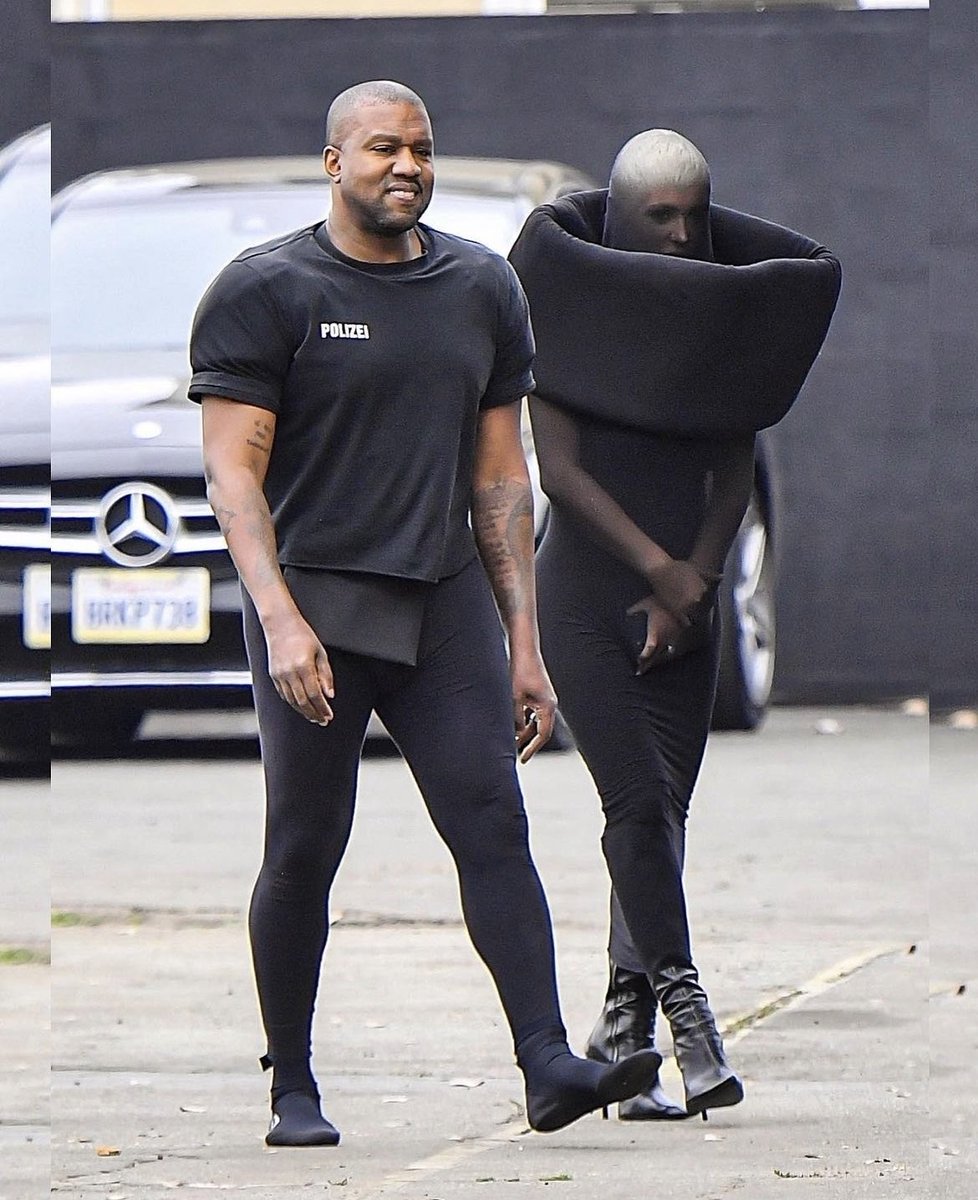Researched by: Nirmal Bhansali, Anannya Parekh, Niveditha Ajay & Rhea Saincher
Odisha train tragedy: The ‘sabotage’ theory
An FIR filed at the Balasore railway police station alleges that the accident was caused by ‘negligence’. It does not name anyone: “At present, culpability of specific railway employees is not ascertained, which will be unearthed during investigation.” But the official line is moving increasingly toward suggesting the “root cause” is one or more persons.
Meanwhile, the CBI is getting ready to take over the case—and a Special Crime Unit will be created to investigate the collision. The Railway Minister has been touting theories about a “criminal” act—while a board member said: "It is being suspected there was some kind of interference with the signalling system.” An amazing read: This story about a father who travelled hundreds of kilometres—and found his son alive at a temporary morgue. ICYMI: We did a Big Story explaining all the complicated details of the train crash. (The Hindu)
Kerala’s big internet move
The government has given free access to high-speed internet to 14,000 poor families and 30,000 government offices. This is part of a new service called Kerala Fibre Optic Network (KFON)—which aims to bring the state’s 35 million residents online—especially its least affluent. All you have to do is download the app and submit a request. FYI: at 56%, Kerala has one of the highest rates of internet penetration in the country. It is also the first state to declare internet access as a basic right of all citizens. (Quartz)
No mercy for Adani critics?
According to a Washington Post investigation, anyone who opposed an Adani Group coal mine in Chhattisgarh was targeted with income tax raids—on the very same day, September 7 of last year. This included an independent think tank, a law firm and an environmental group:
[A] Post review of six documents — including confidential follow-up notices sent by tax investigators to each nonprofit and detailed reports of their findings forwarded to the Central Bureau of Investigation — reveals the government’s anger that the nonprofits had opposed the Hasdeo coal mine by allegedly mobilising protesters, filing lawsuits and voicing public criticism.
We strongly recommend reading the original investigation for yourself—here’s a splainer gift link.
Virgin Atlantic is coming to namma Bengaluru
Bangalore people, get ready for daily flights to Heathrow starting March 31, 2024. It is the fourth daily service out of India. Virgin already runs two flights a day between London and Delhi and daily flights out of Mumbai. Plus: its partnership with IndiGo gives the airline connectivity with 34 other cities. What we hope: it is not as stupidly expensive as Air India. Honestly, the Tatas need to get a grip! (Economic Times)
Speaking of airlines: There has been a global spike in passengers behaving badly—up by 37% in 2022 compared to the year before. That said, most common problems sound fairly mild: “smoking of cigarettes, failure to fasten seatbelts when instructed, exceeding the carry-on baggage allowance, and consumption of own alcohol onboard.” So not exactly PeeGate—which appears to be an Indian specialty:) (The Hindu)
Two intriguing studies about the human brain
The BS blindspot: Two new studies have found that people who truly believe they can spot bullshit—are actually the worst at it:
[The researchers] found that the people that failed the most at detecting bullshit generally scored themselves higher at being able to spot it, while also rating themselves higher than others. Meanwhile, the people that were the best rated themselves amongst the worst—it turns out that having some humility is good for cutting through the bullshit. The researchers dubbed this the “bullshit blind spot”, where it seems we’re talking rubbish no matter how good we think we are.
Yeah, we all suffer from over-confidence, but here’s why it matters in a world steeped with misinformation: “To me, this seemed to suggest that some people who knowingly spread bullshit are unaware of the fact that they often fall for it themselves, possibly because they think they’re better at detecting it than everyone else.” (IFLScience)
The shape of your brain: No, this isn’t a nerdy sequel to an Ed Sheeran song but the findings are likely more consequential. Until now, we thought how our brain functioned was influenced by how our neurons interact with each other. Failed connections, bad signals—all of which lead to faulty outcomes. But a new study suggests that how well our brain functions may be impacted by its shape:
James Pang, the study’s lead author and a research fellow at Monash University in Australia, likened the significance of brain shape to a pebble making ripples in a pond: The size and shape of the pond helps determine the nature of those ripples. "The geometry is pretty important because it guides how the wave would look, which in turn relates to the activity patterns that you see when people perform different tasks," Pang said.
The original study is over at Nature. NBC News sums up the key findings.
A not-so-cool study: about how our brains work reveals the serious impact of racial bias on medical care. New research shows that a widely used test to diagnose lung cancer is seriously flawed. The reason: it makes racist assumptions about Black people’s lungs that are centuries-old:
For centuries, some doctors and others have held beliefs that there are natural racial differences in health, including one that Black people’s lungs were innately worse than those of white people. That assumption ended up in modern guidelines and algorithms for assessing risk and deciding on further care. Test results were adjusted to account for—or “correct” for—a patient’s race or ethnicity.
In other words, the test has a higher ‘threshold’ for Black folks to be diagnosed with lung cancer—and as a result, many of them do not receive care in time. FYI: it made us wonder about the imported diagnostic tests used at Indian hospitals. Associated Press has lots more—while JAMA has the original study.
Panama Canal’s new problem: Climate change
Gatun lake feeds the canal with fresh water needed to raise vessels as they pass through from the Pacific Ocean to the Atlantic. But a severe drought has caused its water levels to drop. As a result, canal authorities are slapping on weight limits and hiking up duties—all of which is guaranteed to drive up the cost of shipping—especially between Asia and the US. The Panama Canal Authority has forecast the water level on July 31 will be 78.2 feet (23.86 metres)—beating the previous all-time low of 78.3 feet in 2016. FYI: 5% of annual global maritime trade passes through the canal. (Bloomberg News)
Indian college rankings are here!
The National Institutional Ranking Framework (NIRF)—launched by the government in 2015—issues annual rankings of Indian educational institutions. It ranks them in 13 different categories—Overall, Colleges, Universities, and Research Institutions, and seven subject domains: Engineering, Management, Pharmacy, Law, Medical, Architecture, and Dental. The overall winner is IIT-Madras—followed by Indian Institute of Science, Bangalore, and IIT-Delhi. And for the seventh year, Miranda House is the best college in the country. See the full list here. (Indian Express)
The great Twitter revenue nose-dive
According to a New York Times exclusive—based on internal documents—Twitter’s ad revenue for the five weeks between April 1 and the first week of May was barely $88 million. That’s a 59% plunge from last year. Also: “The company has regularly fallen short of its U.S. weekly sales projections, sometimes by as much as 30%.”
The reason: Brands have long been spooked by the rise in hate speech and porn on the site—and the general lack of content moderation. No company wants an ad right next to unsavoury tweets. This is one reason why two top execs who headed brand partnerships quit on June 1. Here’s a good example of how perilous Twitter is for brands:
Adult content, which is permitted on Twitter, has become a concern among the company’s sales staff. When some employees tried to drum up interest from advertisers for Mother’s Day, they found that potential sponsored search terms, like “MomLife,” surfaced pornographic videos, according to two people familiar with the conversations.
Haw. FYI: the company’s valuation has plummeted in a year from $44 billion—when Elon Musk bought it—to $15 billion. (New York Times)
Three things to see
One: It was only a matter of time before the toxicity of Indian politics today seeped into cricket. Gujarat Titan player Yash Dayal shared an appalling anti-Muslim cartoon on ‘love jihad’—which you can see below. What makes this really sad: not a single player in the IPL or currently playing in the national teams has said a word about the wrestlers protesting sexual harassment. In any case, Dayal has deleted the post and apologised, saying "Guy's [sic] apologies for the story it was just posted by mistake plz don't spread hate … I have respect for each & every community n society.” Aww, let’s hope his teammates Mohamed Shami, Rashid Khan, Noor Ahmed and Rahmanullah Gurbaz buy that. (ESPNCricInfo)
 Two: We have no idea what’s up with Kanye West and his supposed wife Bianca Censori. It’s so odd that many are wondering if it’s an AI-prank. (Just Jared)
Two: We have no idea what’s up with Kanye West and his supposed wife Bianca Censori. It’s so odd that many are wondering if it’s an AI-prank. (Just Jared)

Three: Apple unveiled a new mixed reality headset called Vision Pro: “The device, which resembles a futuristic set of ski goggles, allows users to view digital content on top of the real world and is controlled using voice, eye gaze and hand gestures.” The price tag: $3,499. (Axios)


 souk picks
souk picks